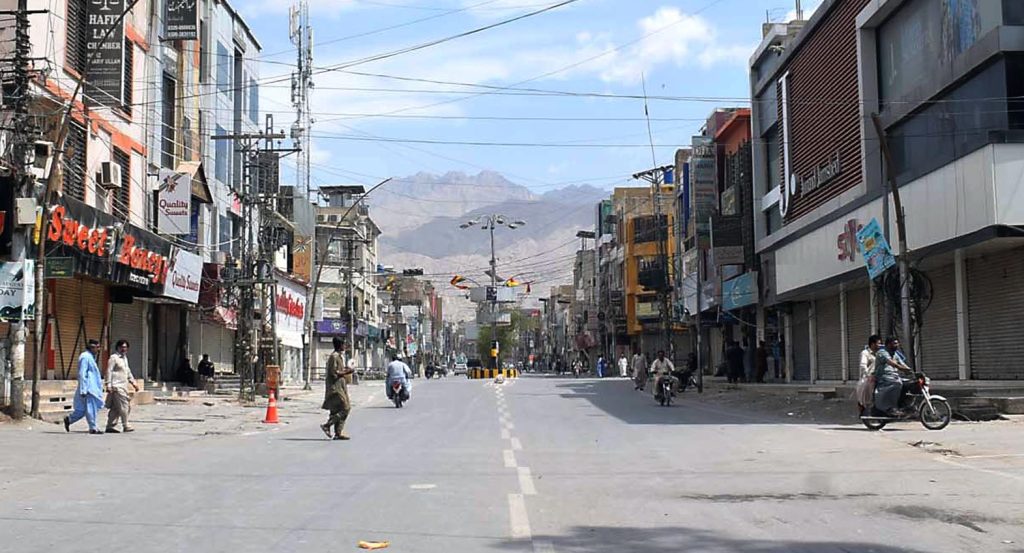The wheel-jam and shutter-down strike in Quetta once again highlighted the destructive pattern of political protest in Balochistan. Called in response to the tragic suicide attack on the Balochistan National Party public meeting on Sept 2, in Quetta that was addressed by BNP president Akhtar Jan Mengal, PkMAP chairman a d Tehreek Tehafuz aen Pakistan, the strike was meant to demonstrate solidarity with victims and demand justice. Instead, it quickly descended into chaos, leaving ordinary citizens to bear the heaviest burden.
From the early morning hours, roads were blocked, rickshaws and vehicles were attacked, and commercial life was paralyzed. Police were forced to intervene with tear gas and mass arrests, eventually detaining more than 200 leaders and workers of various political parties. The government had repeatedly emphasized that peaceful protest is a democratic right, but warned that roadblocks, violence, and disruption of public services would not be tolerated. Citizens were urged to remain calm, yet political workers ignored these calls and chose confrontation over dialogue.
In the process, the greatest victims were not politicians but the poor. Daily-wage laborers, shopkeepers, rickshaw drivers, and small traders were deprived of their income. Parents struggled to access hospitals and schools. For families already living on the margins, even a single day’s closure can mean going hungry.
Strikes and protests must never become a license for violence or vandalism. The state must uphold its writ firmly but fairly, while political parties must accept responsibility for the consequences of their actions. Mourning tragedy is legitimate—but when solidarity comes at the expense of the livelihoods of the poor, it risks deepening public resentment instead of uniting the people.


